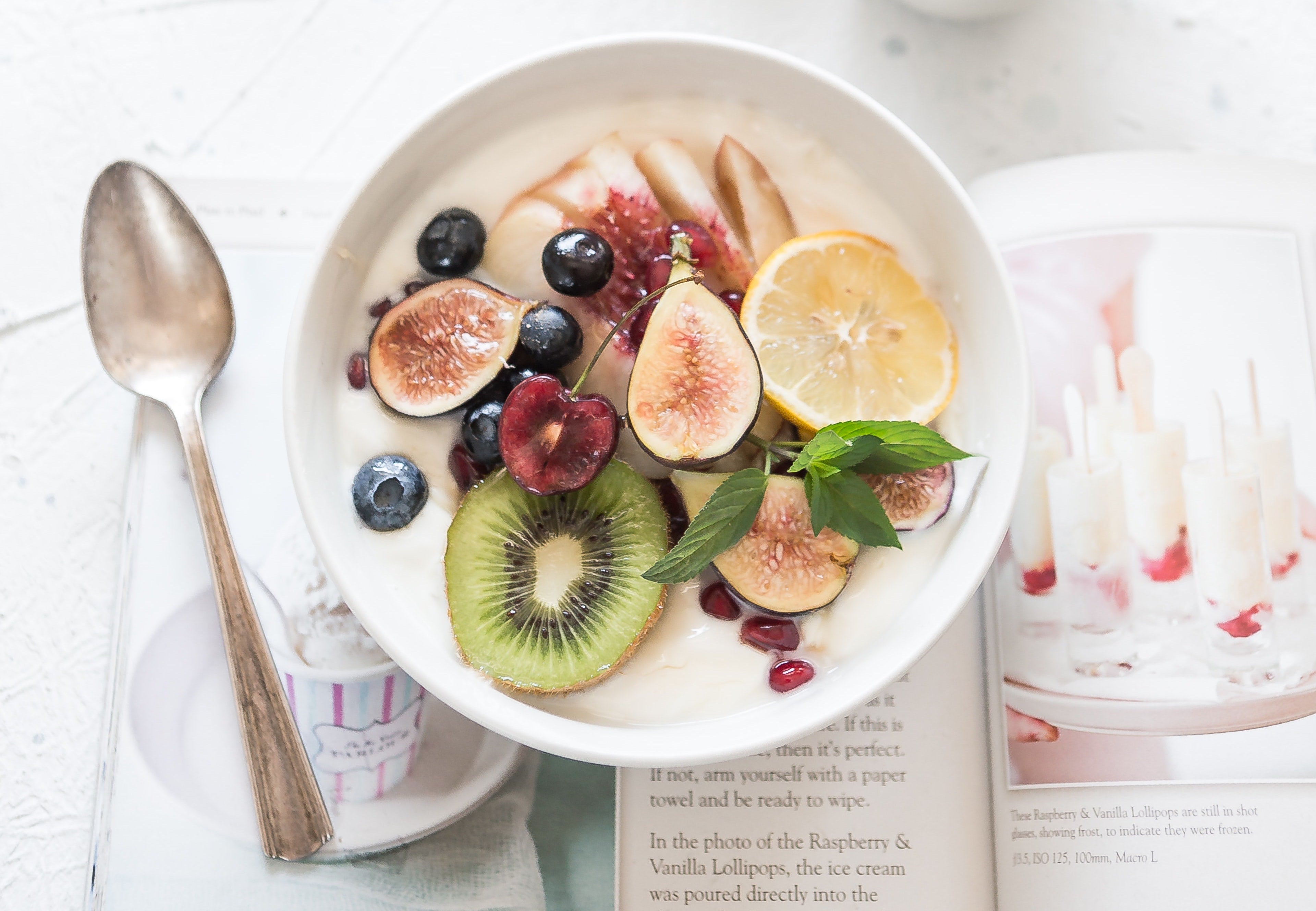When most people think of the keto diet, they think of a way of eating that includes plentiful meat and cheese. But keto doesn’t necessarily equate to a diet heavy in animal products.
The keto diet can be adapted to fit a vegan lifestyle—it just takes a bit more planning and creativity.
So, what does a vegan keto diet entail, what are the benefits, and what kinds of foods can (and can’t) you eat on it? Here’s a breakdown of everything you need to know.
What Is Vegan Keto?
A vegan ketogenic (keto) diet is a high-fat, low-carb, moderate-protein way of eating that excludes all animal-based foods. Simply put: plants in, animal foods out.
As with a standard keto diet, a vegan keto diet follows this macronutrient formula:
- 60 to 75 percent of your daily calories from fat
- 15 to 30 percent of your daily calories from protein
- 5 to 10 percent of your daily calories from carbohydrates (carbs)
By keeping your carbs very low (20-50 grams per day), your body starts to burn fat for fuel (instead of carbs) and produce ketones (an alternate fuel produced by the liver). This fat-burning state is called ketosis and it’s the goal of ketogenic eating.[*]
What Foods Can You Eat on a Vegan Keto Diet?
When following a vegan keto diet, any food or drink that’s low-carb and made from plants is fair game. This includes:
- Healthy fats like avocado oil, coconut oil, MCT oil, olive oil, and avocados.
- Low-carb veggies like leafy greens, broccoli, cauliflower, asparagus, and mushrooms.
- Low-carb fruits like berries (in moderation), lemons, and limes.
- Nuts and seeds like walnuts, almonds, macadamia nuts, pumpkin seeds, chia seeds, flaxseeds, and hemp seeds.
- Coconut products like full-fat coconut milk, coconut cream, and unsweetened coconut.
- Plant-based proteins like full-fat tofu, tempeh, protein powders made from hemp or pea, and certain plant-based protein bars (psst: IQBARs are vegan and keto!)
- Condiments: Nutritional yeast, fresh herbs, salt, pepper, and spices.
As for what you can’t eat, all animal products and high-carb foods are no-gos. This includes meat, fish, eggs, dairy, honey, most fruit, beans, grains, sugar, and root vegetables.
The Benefits of a Vegan Keto Diet
To date, no research has explored the benefits of a vegan keto diet, however, many studies have separately looked into the effects of a vegan diet and those of a keto diet. Let’s break down each diet individually.
Vegan Diet Benefits
One study of more than 96,000 people showed that vegans have:[*]
- A 75% lower risk of high blood pressure
- A 47-78% lower risk of type 2 diabetes
- A 14% lower risk of developing cancer
The same study also found that all vegans experienced a reduced risk of heart conditions and mortality from cardiovascular problems (this was more significant in males than females).
Additionally, vegans tend to have a lower body mass index (BMI) than non-vegans, with research suggesting that BMI increases as the number of animal foods in the diet increases.[*]
As a bonus, a vegan diet comes with the benefits of being more ethical and environmentally friendly than diets that include animal foods.
Keto Diet Benefits
While the keto diet was initially developed to treat epilepsy (and is still used for that purpose today), it’s also been found to offer the general population several health benefits.[*]
The fat-burning state called ketosis may help with weight loss, more stable energy, reduced need for insulin in those with diabetes, improved brain health, and reduced hunger.[*][*][*][*]
Put a vegan diet and keto diet together and you have a recipe for improved health and weight loss with a side of good for the planet and its animal inhabitants.
Potential Drawbacks of a Vegan Keto Diet
While the benefits above are certainly motivational, it’s important to consider the challenges of a vegan keto diet before jumping in with both feet. Here are the main ones.
#1: It’s restrictive
Being both vegan and keto whittles down your food options considerably. This can make dining out more difficult and lead to repetitious meals. Fortunately, the vegan keto diet has become quite popular, so many plan-appropriate recipes can be found online.
There are also a number of food products on the market that cater to the vegan keto diet, which can make this way of eating easier and more enjoyable. One such product is IQBAR, a vegan, keto-friendly protein bar that contains only 1-2 grams of sugar and 2-3 grams of net carbs per bar.
To top it off, each bar has five key brain nutrients shown to support sustained cognitive energy, performance, and well-being. Find your favorite IQBAR flavors by trying our 7 Bar Sampler!
#2: Getting enough protein
Without plant-based staples like beans and grains in the mix, protein sources are quite limited on this diet.
The primary protein sources on a vegan keto diet are nuts, seeds, tofu, tempeh, plant-based protein powders, and plant-based keto protein bars like IQBAR. You can certainly get adequate protein from these sources, but you may have to get a bit creative in the kitchen to keep things interesting.
Just don’t go overboard with the nuts—they are easy to overeat, contain high amounts of omega-6 fatty acids (which are inflammatory in excess), and have anti-nutrients like phytic acid that inhibit mineral absorption.[*][*]
#3: Nutrient deficiencies
Because a vegan keto diet is quite limited, people following this way of eating are more vulnerable to certain nutrient deficiencies. However, with some planning and supplementation, you can ensure your nutritional needs are met.
The main supplements to consider taking include B12, omega 3s, choline, taurine, and creatine.[*][*][*][*][*]
Is Vegan Keto Right for You?
A vegan keto diet comes with some challenges, but it also has the potential to greatly improve your well-being. It’s up to you to decide what’s most important to you and if a vegan keto diet meshes with your goals.
If you do adopt a vegan keto diet, be sure to listen to your body and make adjustments as needed. Maybe it’ll be a perfect fit, or perhaps you’ll find you feel better when peppering in some animal products.
Keep experimenting until you find a sustainable, enjoyable way of eating that supports your health and happiness.




